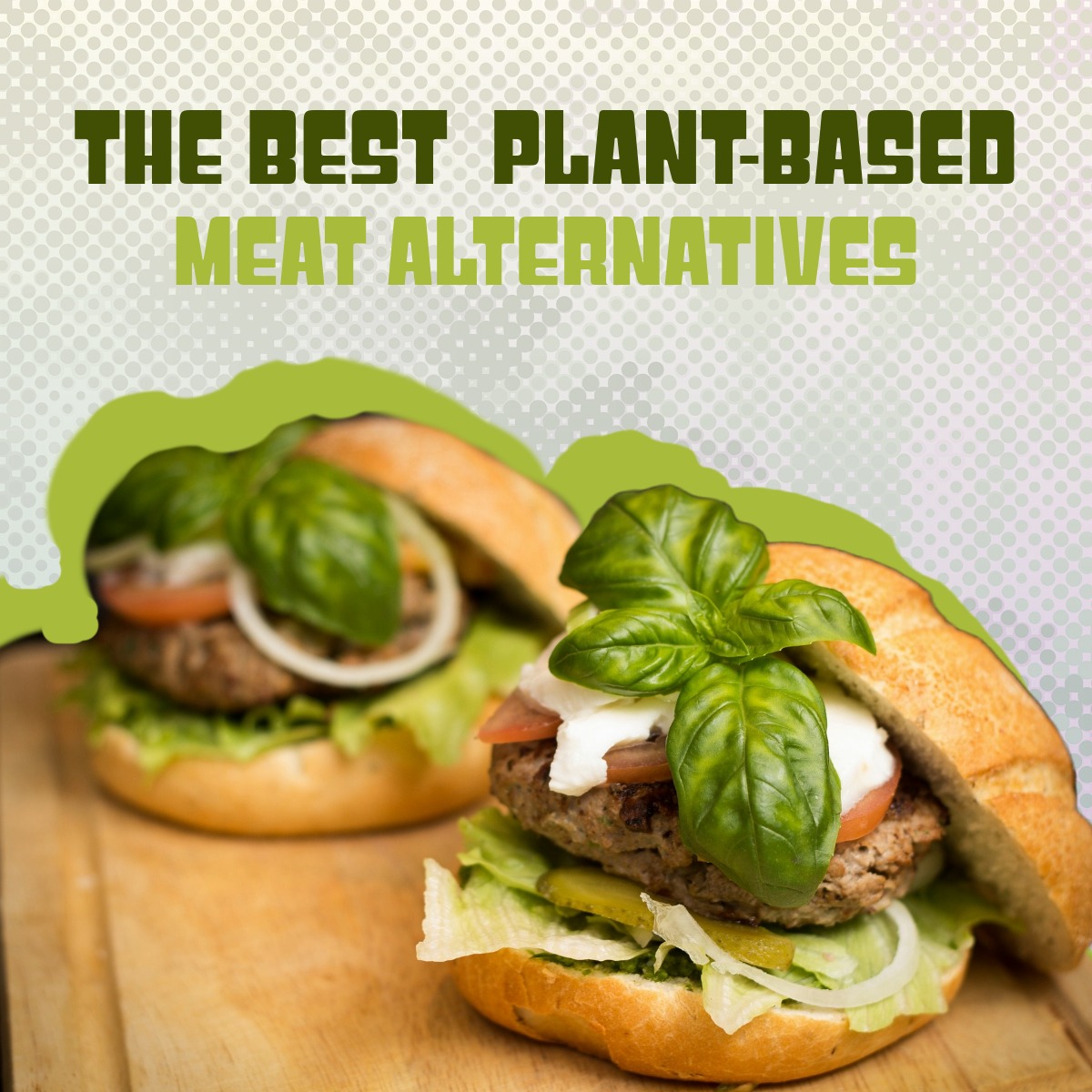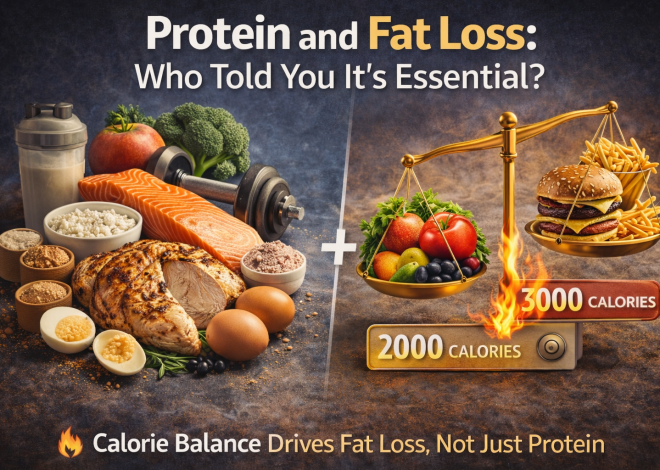
Plant-Based Meat Alternatives: Nutritional Insights
More people are shifting towards plant-based diets, and as a result, the demand for meat alternatives is growing rapidly. Whether for ethical, environmental, or health reasons, these protein-rich substitutes provide a sustainable way to fuel your body. But can they truly replace meat? And which options offer the best nutrition? Let’s explore the top plant-based meat alternatives, their benefits, and how they compare to traditional meat.
1. Tofu – A Classic and Versatile Meat Alternative
Tofu, made from soybeans, is one of the most well-known plant-based proteins. Since it absorbs flavors incredibly well, it works perfectly in stir-fries, curries, and even on the grill.
– Protein Content: ~10g per 100g
– Benefits: Rich in iron and calcium; contains all nine essential amino acids
– Best for: Stir-fries, scrambles, and marinated dishes
👉 Can Tofu Replace Meat?
Yes! Because of its high protein content and versatility, tofu is an excellent plant-based meat alternative, especially when paired with other plant proteins.
2. Tempeh – A High-Protein and Nutrient-Dense Substitute
Unlike tofu, tempeh consists of fermented soybeans, giving it a firm texture and a slightly nutty flavor. Not only does it contain more protein, but it also provides gut-friendly probiotics, which support digestion.
– Protein Content: ~19g per 100g
– Benefits: High in fiber and essential nutrients; promotes gut health
– Best for: Grilling, baking, or slicing into sandwiches
👉 Can Tempeh Replace Meat?
Absolutely! Thanks to its dense texture and impressive protein levels, tempeh ranks among the best plant-based meat substitutes.
3. Seitan – A Protein-Packed “Wheat Meat” Option
Seitan, also known as wheat gluten, offers one of the highest protein contents among all meat alternatives. Its chewy, meat-like texture makes it a favorite in plant-based cooking.
– Protein Content: ~25g per 100g
– Benefits: Extremely high in protein; low in fat; ideal for muscle building
– Best for: Stir-fries, sandwiches, and high-protein meals
👉 Can Seitan Replace Meat?
Yes, but only for those who are not gluten-sensitive. Since it closely resembles traditional meat texture, it serves as a top choice for anyone on a plant-based diet.
4. Lentils – A Budget-Friendly and Nutritious Choice
Lentils are not only affordable but also packed with fiber, iron, and essential nutrients. Because they come in different varieties, they offer unique flavors and textures that work well in many dishes.
– Protein Content: ~9g per 100g (cooked)
– Benefits: Rich in fiber and heart-healthy nutrients
– Best for: Soups, salads, burgers, and stews
👉 Can Lentils Replace Meat?
Yes! However, for a complete amino acid profile, it’s best to combine them with other plant-based proteins.
5. Chickpeas – A Versatile and Filling Protein Source
Chickpeas, or garbanzo beans, are a fantastic plant-based protein option. Not only do they provide a great source of protein, but they also promote digestion and help regulate blood sugar levels.
– Protein Content: ~8.9g per 100g (cooked)
– Benefits: High in fiber; supports digestive health
– Best for: Hummus, salads, curries, and plant-based burgers
👉 Can Chickpeas Replace Meat?
Yes! But for optimal protein intake, pair them with grains like quinoa or whole wheat.
6. Quinoa – A Complete Plant-Based Protein
Unlike most grains, quinoa contains all nine essential amino acids, making it a complete protein. Additionally, it’s gluten-free and rich in vitamins, which makes it a fantastic addition to any diet.
– Protein Content: ~8g per 100g (cooked)
– Benefits: High in fiber; excellent for digestion; nutrient-dense
– Best for: Salads, bowls, and as a rice substitute
👉 Can Quinoa Replace Meat?
Not on its own, but when combined with other plant-based proteins, quinoa becomes an essential part of a balanced meat-free diet.
7. Pea Protein – A Fast-Growing Meat Alternative
Pea protein has become increasingly popular, especially in vegan burgers, sausages, and protein powders. Because it contains branched-chain amino acids (BCAAs), it supports muscle growth and recovery.
– Protein Content: ~20-25g per serving (powder)
– Benefits: High in protein; supports muscle recovery
– Best for: Vegan burgers, protein shakes, and plant-based sausages
👉 Can Pea Protein Replace Meat?
Yes! In fact, many brands like Beyond Meat and Impossible Burgers use pea protein to create realistic plant-based meat alternatives.
Can Plant-Based Proteins Fully Replace Meat?
The short answer is yes, but achieving balance is important. While plant-based meat alternatives provide essential nutrients, some lack amino acids found in animal products. Because of this, it’s important to combine different sources, such as:
– Tofu + Quinoa
– Lentils + Brown Rice
– Chickpeas + Whole Wheat
Additionally, nutrients like vitamin B12, iron, and omega-3s occur naturally in animal products. Therefore, supplementation may be necessary for those following a fully plant-based diet.
Final Thoughts: Should You Switch to Plant-Based Meat Alternatives?
Switching to plant-based meat substitutes offers many benefits, including improved health, a reduced environmental footprint, and ethical considerations. Most importantly, with proper food combinations, you can get enough protein, build muscle, and stay energized—without eating meat!
💬 Would you try replacing meat with plant-based alternatives? Share your thoughts in the comments!



